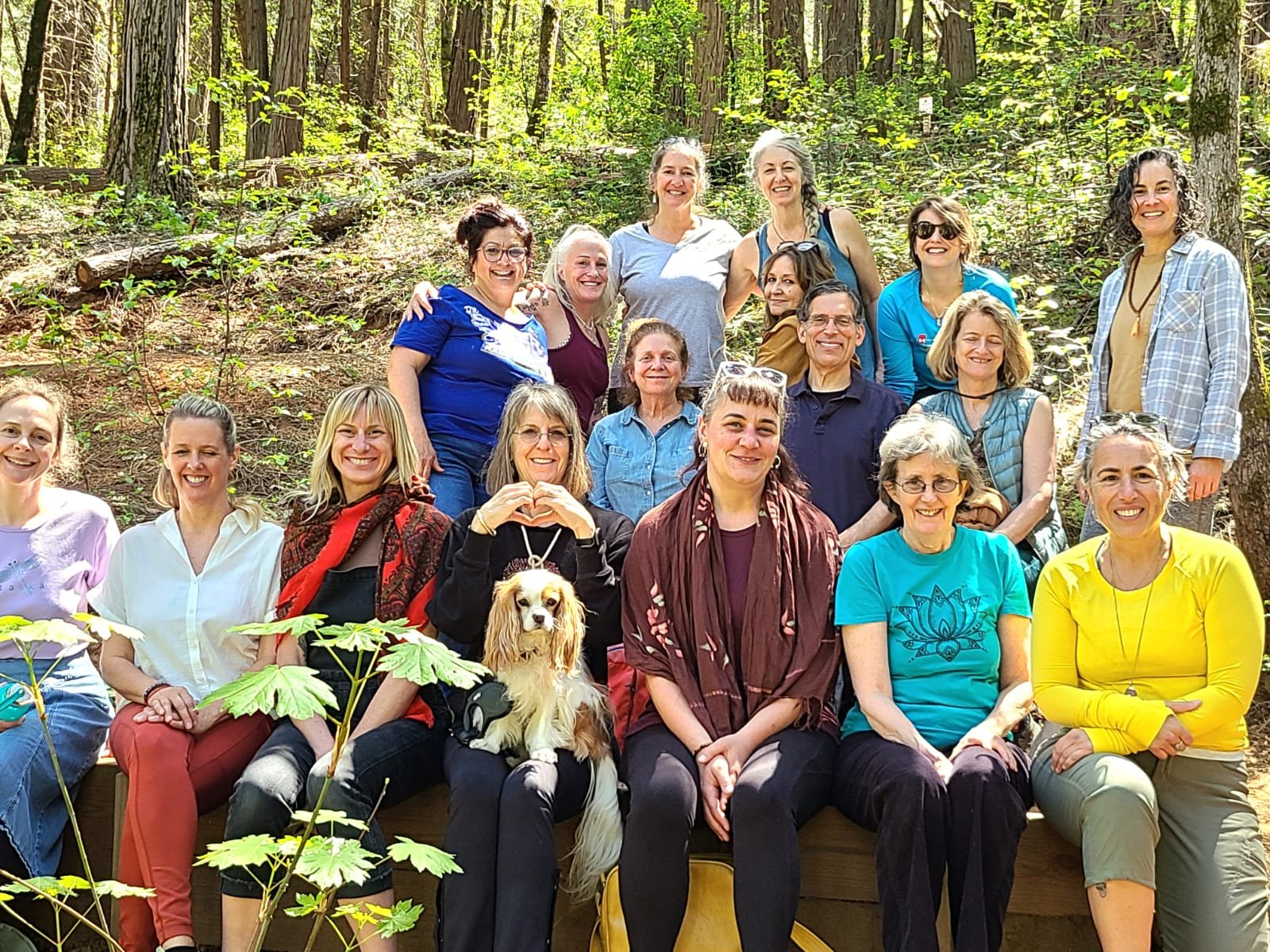Our Journal
Selected stories, articles, and research for doulas.
I am here to tell you my origin story: how I chose to become a death doula, and just how much it means to me. My journey to becoming a death doula began in 2017, with the death of my grandfather, whom I called Papa.
How did we get from home-based death care to a more medical one? The emergence of hospitals in the 20th century significantly changed how society viewed and experienced death in several important ways.
The hospice movement has had a global impact, with organizations and hospice services established in many countries. However, access to hospice and palliative care remains uneven across different regions due to healthcare disparities and varying cultural attitudes towards death and dying.
All resources for doulas —
Shane’s death, at home surrounded by his family with his favorite music playing in the background, energized Sheila to bring change to the way that death is approached in our culture. She saw how sacred the process of dying is, that those who are dying and the people close to them deserve the space to honor death in ways that are meaningful to them. After doing some research about how she could help to contribute to a more holistic view of death, she decided to become a death doula.
I am here to tell you my origin story: how I chose to become a death doula, and just how much it means to me. My journey to becoming a death doula began in 2017, with the death of my grandfather, whom I called Papa.
How did we get from home-based death care to a more medical one? The emergence of hospitals in the 20th century significantly changed how society viewed and experienced death in several important ways.
The hospice movement has had a global impact, with organizations and hospice services established in many countries. However, access to hospice and palliative care remains uneven across different regions due to healthcare disparities and varying cultural attitudes towards death and dying.
For me, the path to becoming a birth worker is deeply intertwined with my own journey of healing, empowerment, and reclaiming sovereignty over my body and wellness.
This End-of-Life Practitioner training (death doula training) is an in-depth training and takes place over the course of 12 months both online and in person. Students explore the physical, emotional, and spiritual dimensions of death and dying.
Lori is a born helper, listener, and encourager. After supporting families at the beginning of life as a nanny, Lori realized that she could use the same skills at the end of life. After all, there are a lot of similarities.
Death doulas, also known as end-of-life doulas or death midwives, are trained professionals who provide emotional, spiritual, and practical support to individuals and their families during the dying process.
The statistics for black and brown birthing people are terrible. In Tennessee black people are 69% more likely to die than white people. It’s heartbreaking and maddening and dire. I asked Kaila, “Why? What can we do?”
To me, death is a part of life that we cannot avoid. But what happens at the time of death and afterwards, has always been an unknown.
Support from death doulas during the time of death addresses various aspects of the dying process: emotional, mental, physical, and spiritual.
When Taja Iglesias, a young BIPOC girl with a Spanish last name, gave birth in southern Florida over a decade ago, she had no idea that her experience would inspire her to create a doula agency that would support families in the U.S. and beyond.
Doulas support all kinds of people and all kinds of births, without judgement. If every mother felt heard and supported in her birth, just imagine the potential impact on maternal physical and mental health worldwide.
What is an End-of-Life Doula and how do they support families? Sheila Burke, death doula, author, and Global Doula Project grant recipient, explains.
















Shane’s death, at home surrounded by his family with his favorite music playing in the background, energized Sheila to bring change to the way that death is approached in our culture. She saw how sacred the process of dying is, that those who are dying and the people close to them deserve the space to honor death in ways that are meaningful to them. After doing some research about how she could help to contribute to a more holistic view of death, she decided to become a death doula.